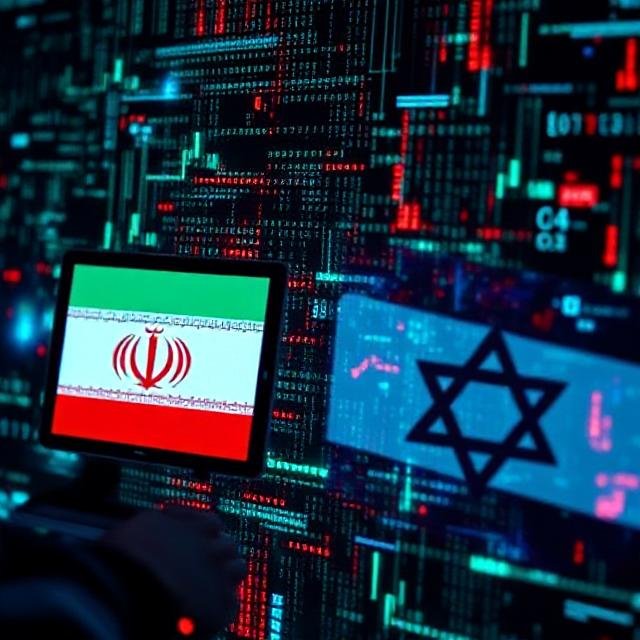Iran has imposed significant internet limitations across the nation, claiming the measure is necessary to prevent Israel from executing clandestine cyber attacks, following Israel's recent unprecedented assault that has intensified regional geopolitical conflicts.
Government Response and Justification
Iranian Government spokesperson Fatemeh Mohajerani and the country's Cyber Police division, FATA, announced that the internet restrictions were implemented to preserve network stability. Officials characterized the action as "temporary, targeted, and controlled" specifically aimed at defending against cyber threats. Internet monitoring organization NetBlocks documented a substantial decrease in internet traffic beginning around 5:30 p.m. local time.
Escalating Physical and Digital Conflicts
This digital restriction occurs against the backdrop of intensifying hostilities, with Israel and Iran exchanging missile strikes since Friday. The physical confrontation has expanded into cyberspace, with security analysts warning of potential retaliatory cyber operations from Iranian state-sponsored groups and hacktivist organizations.
Bidirectional Cyber Warfare
The cyber conflict involves attacks from both sides. A pro-Israeli hacktivist collective called Predatory Sparrow recently took credit for compromising Iran's Bank Sepah, severely disrupting access to the institution's website and ATM network.
The group justified their attack by alleging that Bank Sepah "violated international sanctions and utilized Iranian citizens' funds to support the regime's terrorist proxies, ballistic missile initiatives, and military nuclear programs." Predatory Sparrow claimed they damaged the bank's infrastructure with assistance from "courageous Iranians," declaring this was the consequence for institutions supporting "the dictator's terrorist ambitions."
Israel has an established record of advanced cyber operations, most famously the Stuxnet malware that targeted Iran's nuclear facilities.
Iranian Hacktivist Response
Cybersecurity company Radware, based in Tel Aviv, reported increased activity from Iranian-affiliated threat groups across public and private Telegram channels. Several groups, including Mysterious Team Bangladesh and Arabian Ghost, have issued warnings to Jordan and Saudi Arabia against supporting Israel and claimed responsibility for disrupting Israeli radio broadcasts.
Government Communications Restrictions
The Iranian government has also encouraged citizens to uninstall WhatsApp, one of the country's most widely used messaging applications, alleging without evidence that the Meta-owned platform has been weaponized by Israel for surveillance purposes.
WhatsApp has rejected these accusations. In a response to the Associated Press, the company stated it neither tracks users nor provides "bulk data to any government."
U.S. Government Involvement
The cyber conflict coincides with a U.S. Department of State announcement seeking information about Iranian hackers accused of targeting critical infrastructure in the United States, Israel, and other nations using IOCONTROL (also known as OrpaCrab) malware to compromise Industrial Control Systems.
The department's Rewards for Justice program identified Cyber Av3ngers, linked to the online identity "Mr. Soul," as having conducted malicious cyber operations against U.S. critical infrastructure on behalf of Iran's Islamic Revolutionary Guard Corps Cyber-Electronic Command (IRGC-CEC).
"Cyber Av3ngers operatives have deployed IOCONTROL malware to target Industrial Control Systems and SCADA devices utilized by critical infrastructure sectors in the United States and globally," the program stated.














